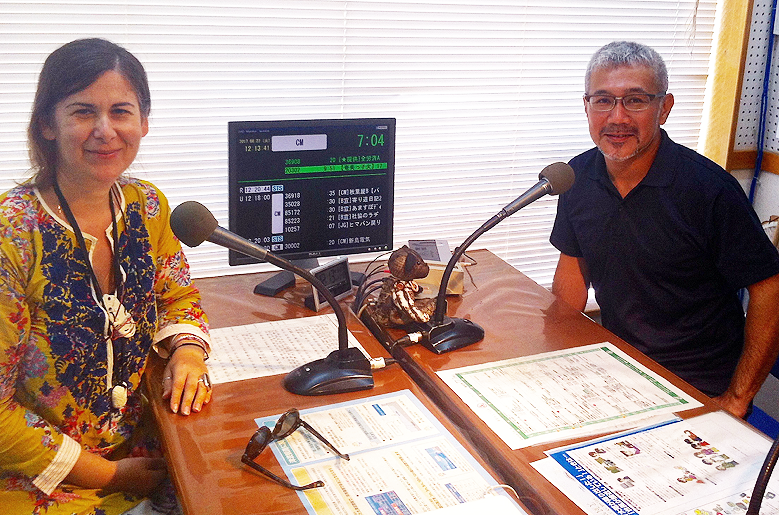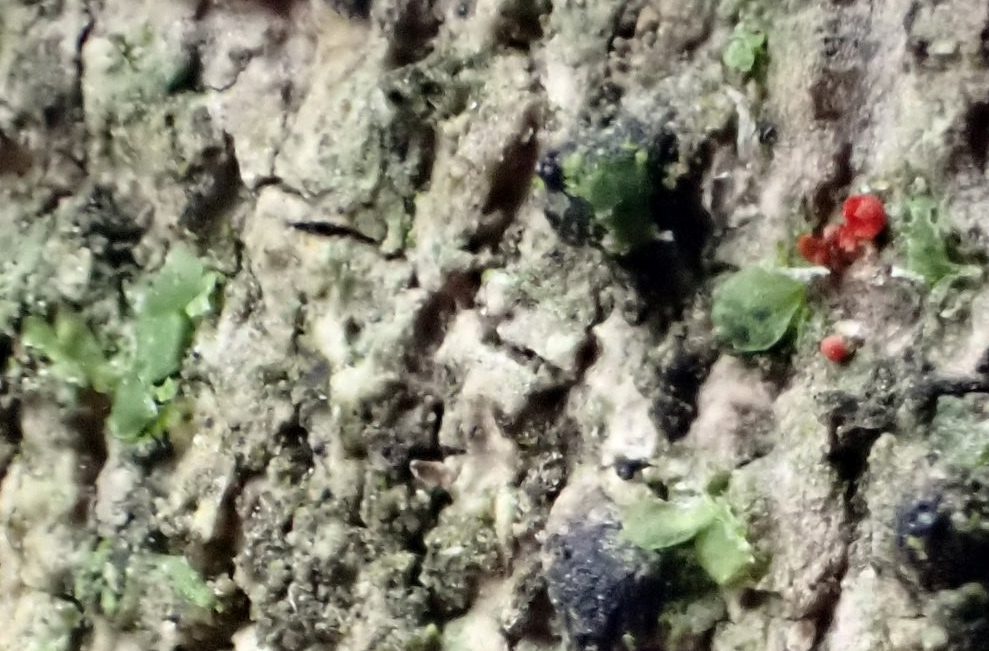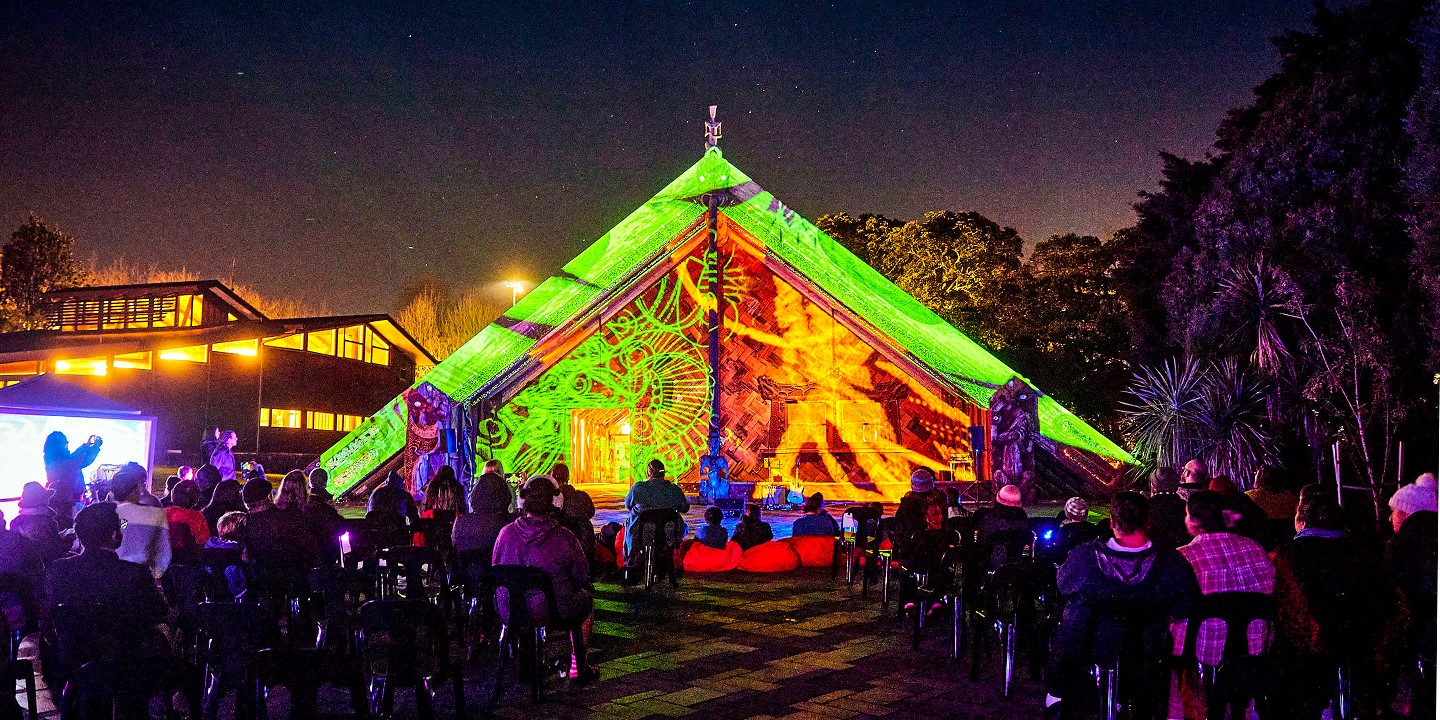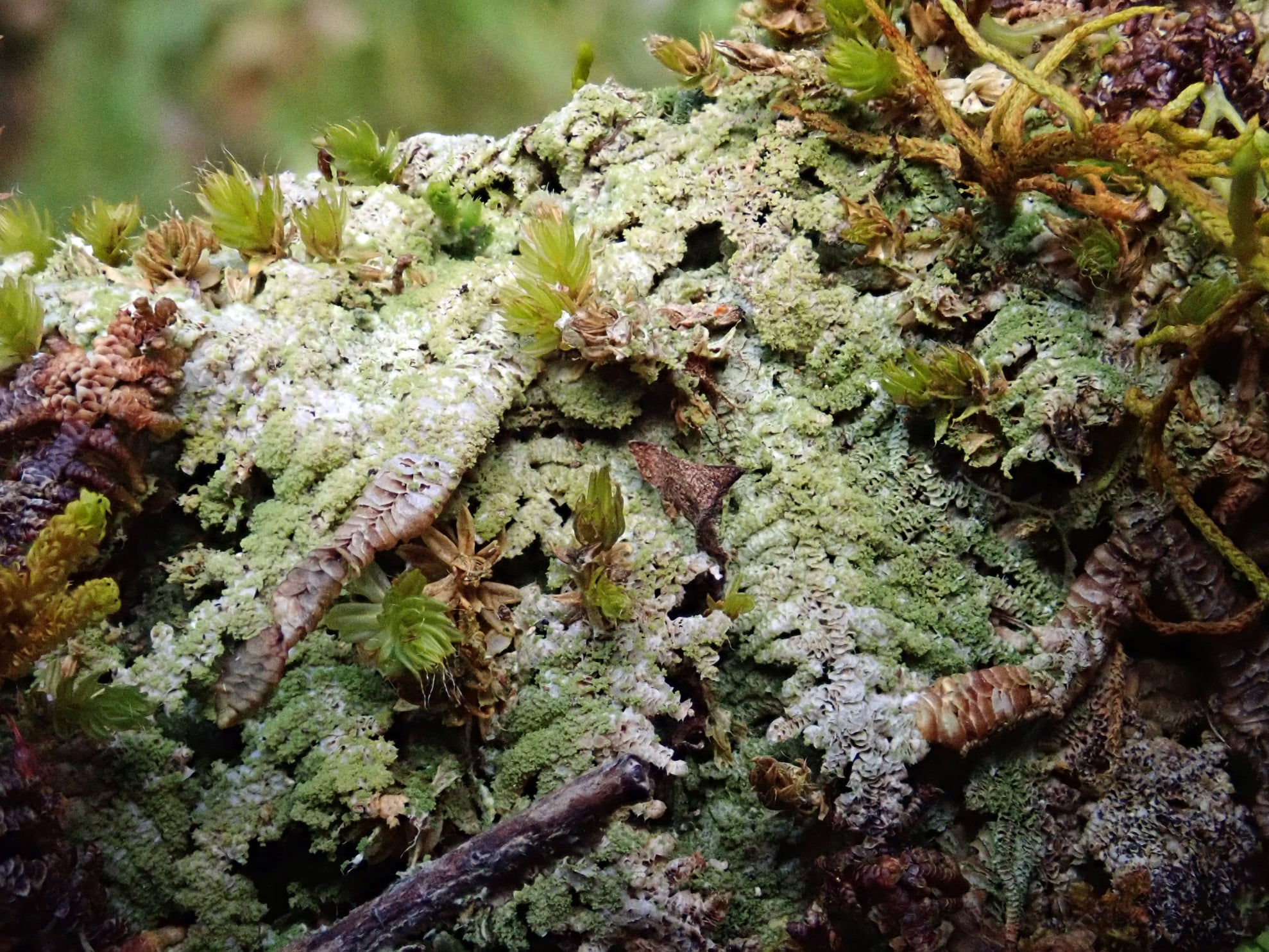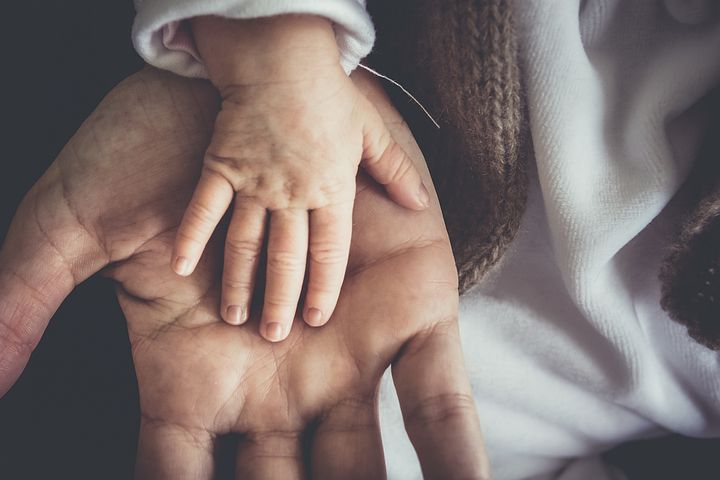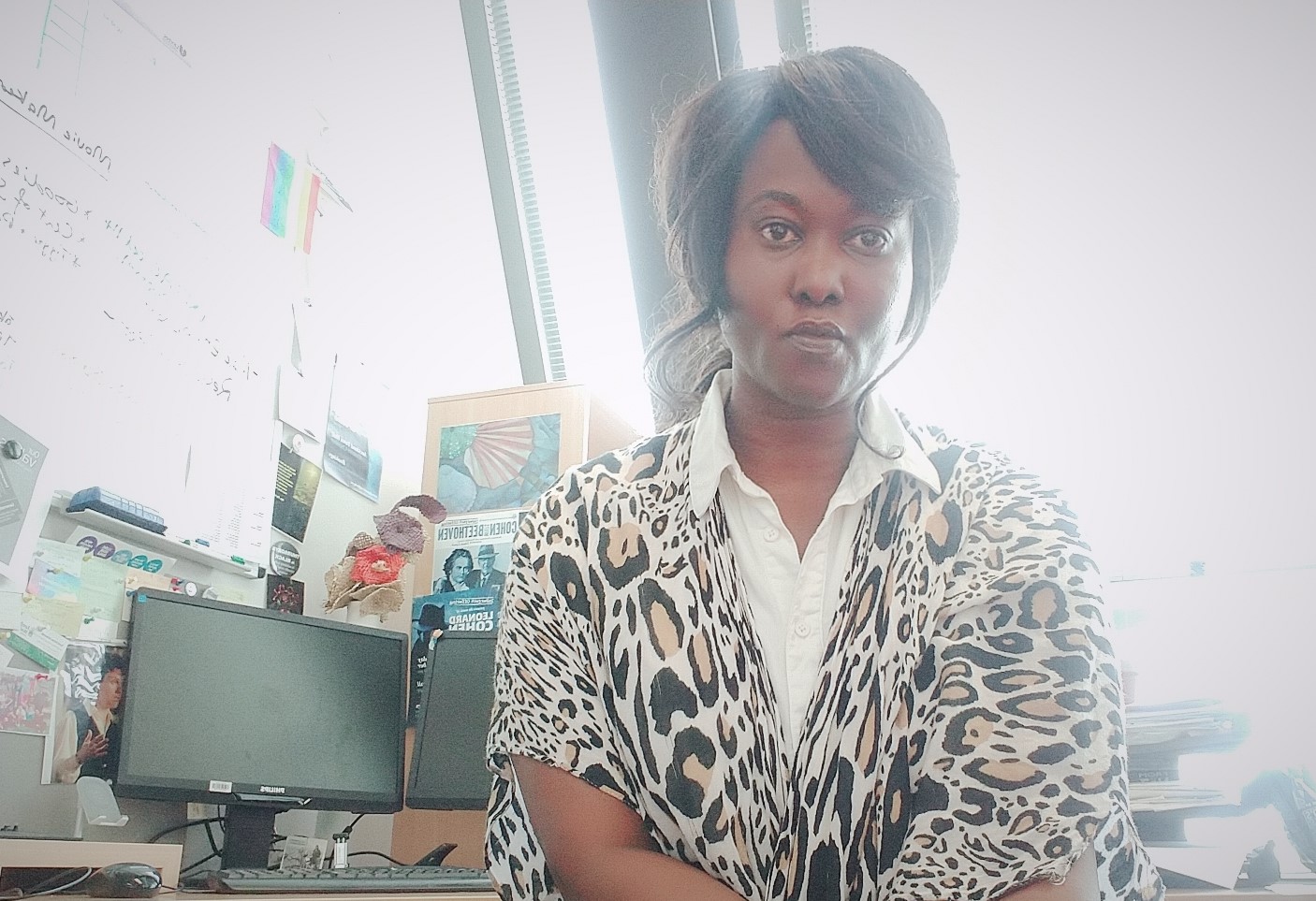Understanding the communication networks of an island or island group is crucial to helping these communities thrive. Dr Evangelia Papoutsaki, Associate Professor in Communication Studies, discusses what she learned during a recent research fellowship to Japan – and the doors the fellowship has opened.
People living on islands face distinct challenges in keeping their communities healthy and sustainable: ageing populations, isolation, enabling culture to thrive, addressing social issues and more. Keeping communications strong is a vital part of that health – which is why I study the communicative ecologies of islands and island groups.
In the second half of 2017, I embarked on an international research fellowship with the Research Center for the Pacific Islands at Kagoshima University (KURCPI), Japan. This six-month fellowship took me on a journey of exploration through the Amami Islands (a southern Japanese archipelago), during which I collected much valuable data and formed new research networks, and also encountered inspiring islanders from an amazing array of backgrounds. Through these often informal, social and personal encounters with local people, I learned how island communicative ecologies shape the lives of their inhabitants, and vice versa.
Building on my previous research of other Pacific Island nations, my research in the Amami Islands was an explorative ethnographic project. I planned to collect evidence that will help me develop a new conceptual and theoretical framework to analyse islands’ communicative ecologies.
SO WHAT IS A COMMUNICATIVE ECOLOGY?
In this research, communicative ecology refers to the various forms, resources, activities, channels and flows of communication and information used by an island or group of islands. This could be anything from word of mouth or Facebook groups to community radio.
My research goal was to develop an in-depth understanding of the islands’ communicative environment, because it forms part of existing island community structures. I aimed to:
– identify key communicative practices that contribute to sustaining these islands’ sociocultural cohesion;
– explore the role of media, in particular community radio, in localised information flows unique to the islands;
– identify future areas of research of value to the field of islands studies.
During my fieldwork, I visited four of the eight islands that comprise the Amami group: Kikaijima, Amami Oshima, Tokunoshima and Yoronjima. I spent most of my time in Amami Oshima, the largest island, where I established a local network that enabled rich data collection. I also spent time in Iojima (Osumi Islands group), north of Amami Islands, and in Okinawa, the southern neighbour and cultural/historical relative of the Amami Islands.
ISLAND ENCOUNTERS
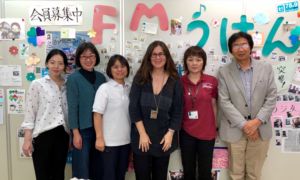
At Uken FM with the manager, volunteering program hosts and research host Professor Kuwahara.
The following highlights from this research journey illustrate the richness of my island encounters.
– Visiting and revisiting Uken FM, my most delightful research discovery. Community radio has specific characteristics that set it apart from commercial or national radio broadcasting, and Uken FM demonstrated how a community radio station can be innovative, engaging, resourceful and a key part of sustaining island communities. Uken FM caters to less than 2000 people in a remote part of Uken island that once had its own dialect, and this is what makes it so special – it has become the voice of the village air. Many of the programmes have a chatty tone found in face-to-face encounters in the community.
– Meeting well-known nature photographer Futoshi Hamada and his wife Yuriko, who run Horizon magazine, the only island-produced magazine that publishes informative stories on local culture, nature and society. We established the potential for future collaboration through translating the magazine into English.
– Learning how Yamato village’s Café Club offers alternative ways of catering to the needs of the ageing island population.
– Experiencing true island hospitality from Toyokazu and Kumeko Oku in Kikaijima, which serendipitously brought to my attention bōsai musen, a unique island disaster and emergency information system that warranted more research.
– Having a long chat over coffee with a Tokunoshima resident, who shared frank insights into the dark side of this island’s gambling culture.
– Standing on Yoron’s highest hill, by a ruined castle, looking south to Okinawa and physically seeing the overlapping island boundaries.
– Experiencing unique musical performances at Asivi House, the island group’s only venue specifically set up for live music, and learning how Asivi House and Amami FM are contributing to an island music renaissance.
Islands are distinctive communities, defined by a collective identity and close, reciprocal relationships. Islanders create an island identity from their social communication structure, and island media and communication processes are focused on the communities they serve. Their relationship with their community, however, goes beyond the traditional one-way communication.
Island media and communication networks often function like community media, in which islanders usually participate as planners, producers and performers/storytellers. This can strengthen island identities and help present this identity to the outside world, independent of market-driven and state media, especially thanks to the increased use of social and online platforms.
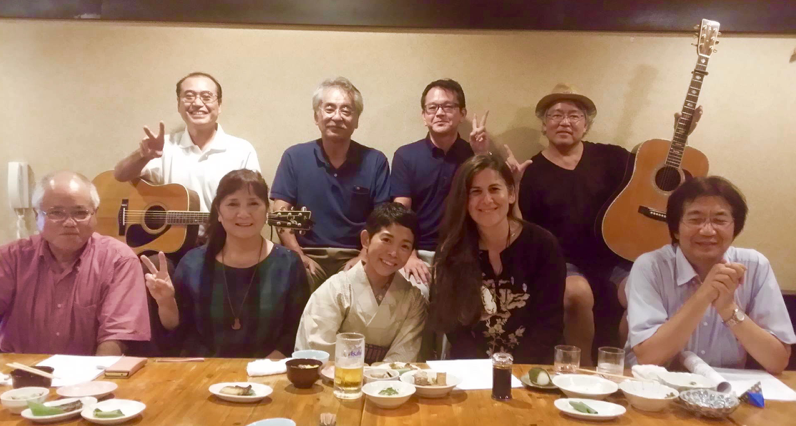
Networking through socialising with the locals, Naze, Amami Oshima island.
RICH PICKINGS AND NEW COLLABORATIONS
I strongly encourage anyone thinking of embarking on a fellowship to take the leap. It is richly rewarding, both professionally and personally, and can open up new international research collaborations.
My first visit to Okinawa generated new research on island community radios, and collaborations with local academics and professional networks through the International Institute for Okinawan Studies. The latter led to an invitation to present at the RETI international conference in Okinawa during my fellowship time, which provided valuable feedback on my early findings by internationally recognised islands-studies experts. This event also brought to my attention the rising importance of islands studies, and some of the pressing research needs in terms of sustainability, resilience and climate change impact – and the contribution the islands communicative ecology model can make in advancing this research.
At the end of my fellowship, I was invited by the Scottish Center for Island Studies at the University of the West of Scotland to deliver a research seminar on my early attempt at theorising an islands communicative approach. The value in this approach was widely recognised, and my work will form the basis of a future collaboration that will seek to include the Scottish islands as part of a comparative analysis. The content of this seminar and feedback to it also helped shape a subsequent chapter on islands communicative ecology for a SAGE-edited volume.
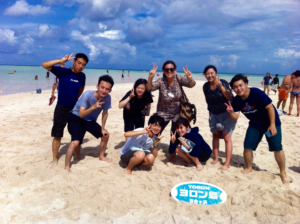
Exploring Yoronjima with Kagoshima University students.
I plan to return to the islands in future and continue my collaboration with the KURCPI, through setting up an international islands research association that I have initiated. I have generated material for several conference papers and potential publications, including a book, and continue to develop the islands communicative ecology model.
My fellowship provided a starting point. Like all ethnographic research, one needs to spend considerable time on location before claiming to have fully understood the local context, which is so important for this kind of research. But it was a very productive start that yielded very rich data, and I achieved more than I initially thought possible.
It’s important to ensure you establish and cultivate strong connections. My work would have been impossible without the support KURCPI offered me during my fieldwork. This support came in many ways, but most importantly it facilitated my collaboration with Professor Kuwahara as my research host and mentor. As an anthropologist and Amami Islands scholar, he shared generously his valuable networks, contacts and knowledge. Without this collaboration, I would not have been able to delve so deep into the islands’ society and culture in such a short time.
Read Evangelia’s full paper.
Learn about studying Communications at Unitec.
